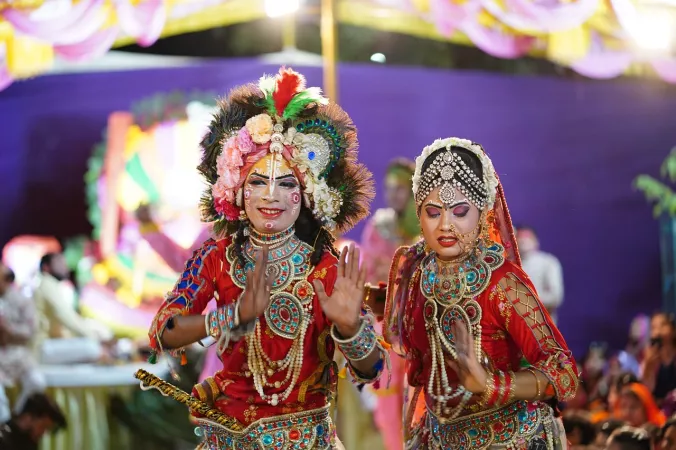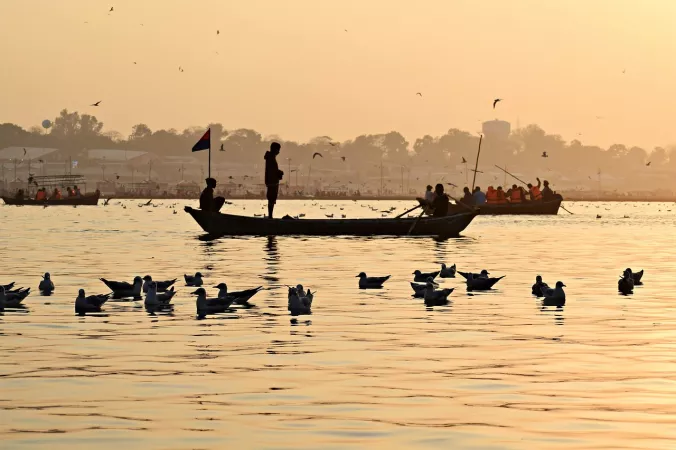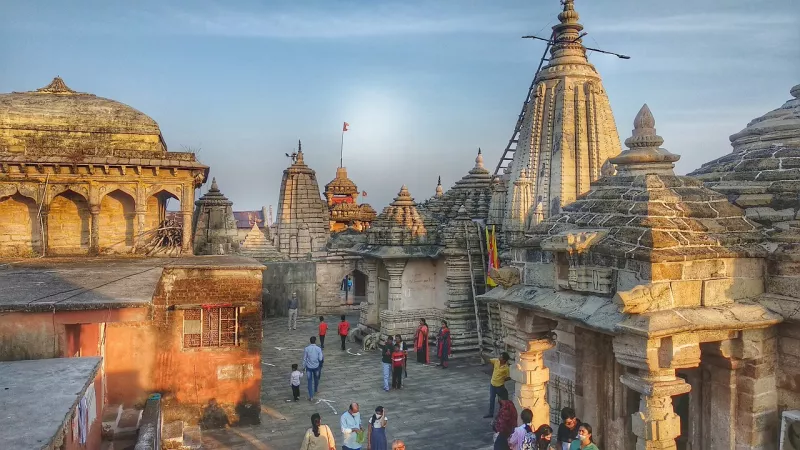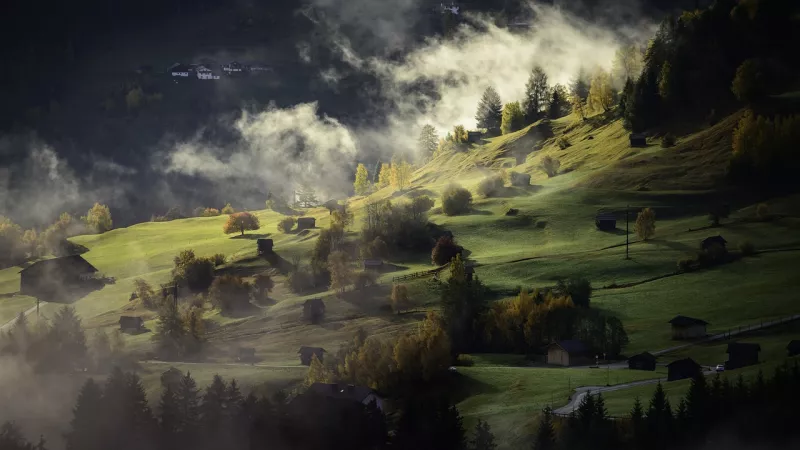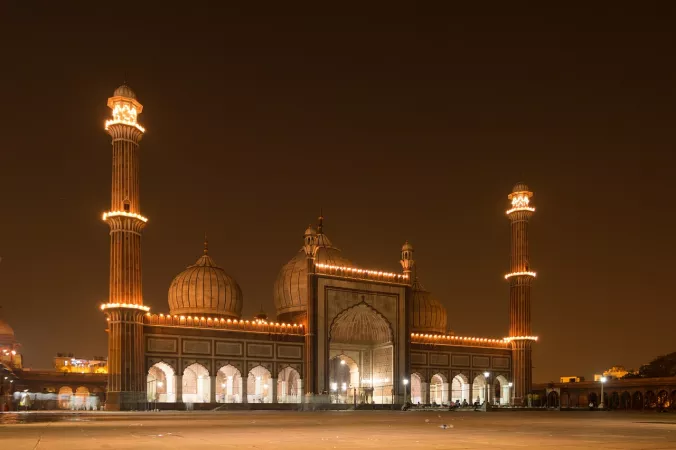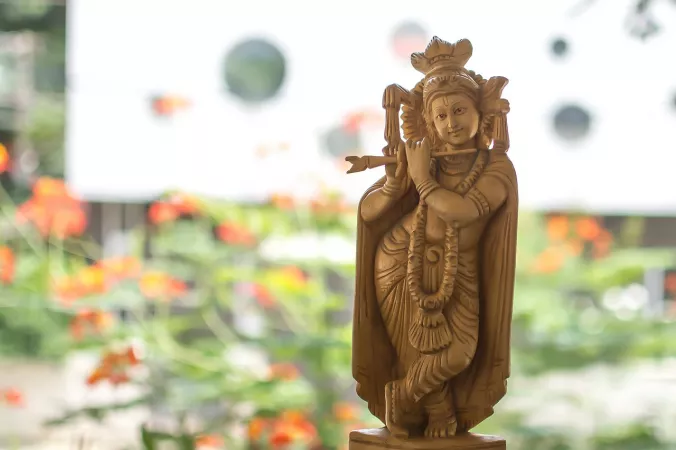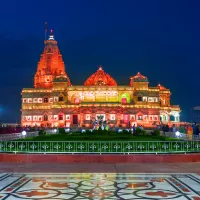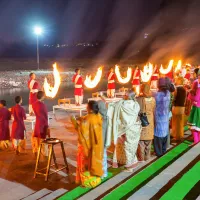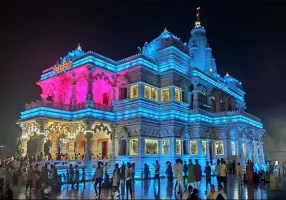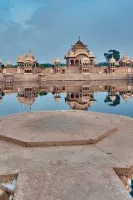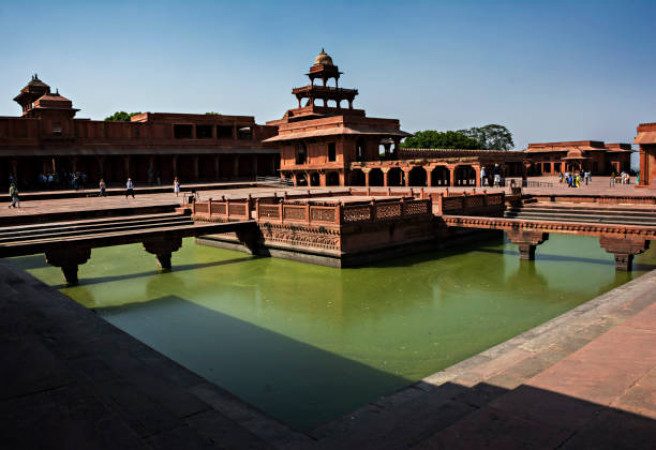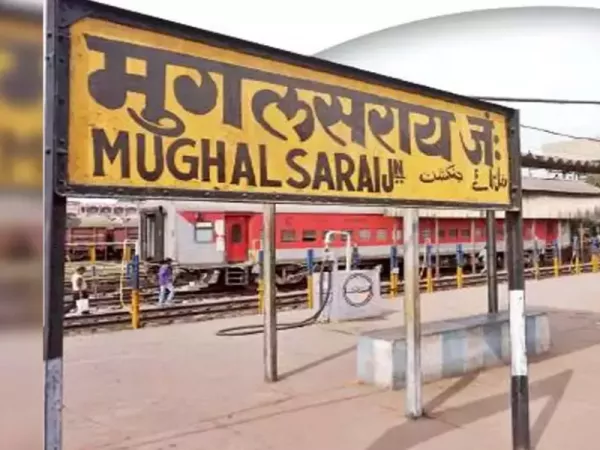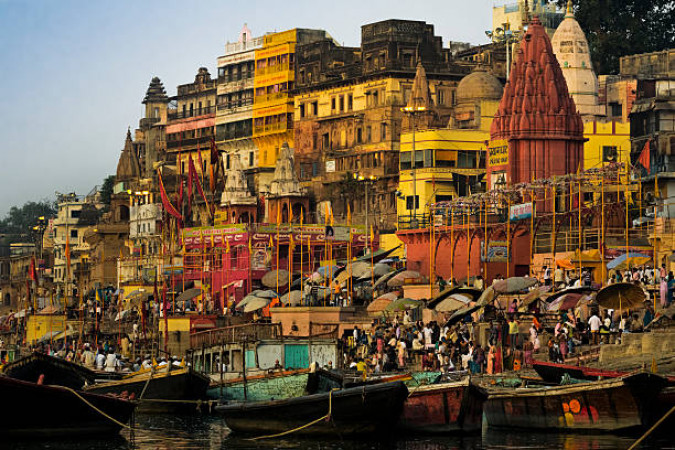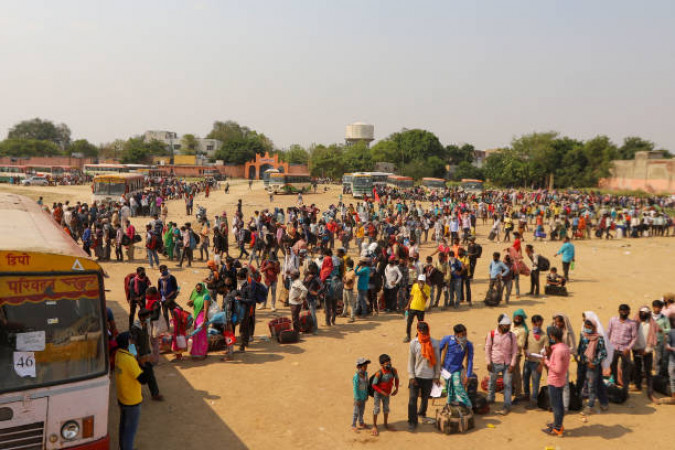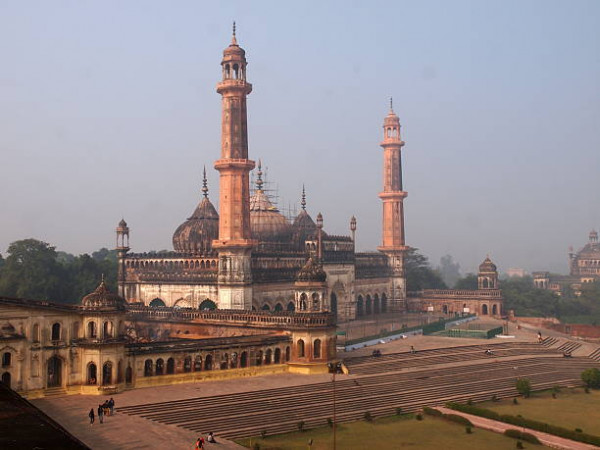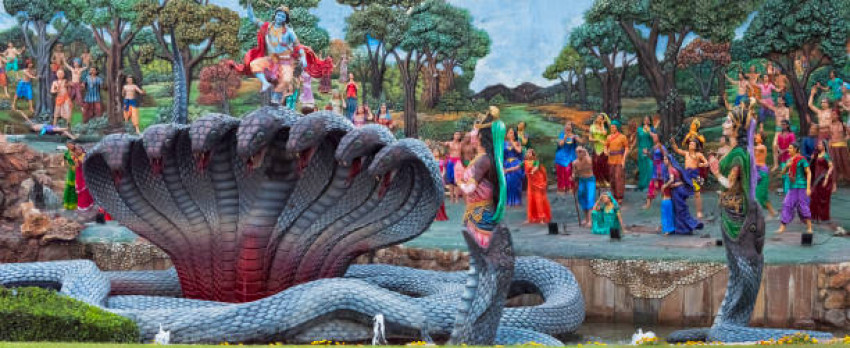
Mathura
Package
2999 to 3999
2999 to 3999
Duration
2 to 3 Days
2 to 3 Days
Best time to visit
Feb-Mar, Oct-Nov
Feb-Mar, Oct-Nov
Theme
Religious, Heritage
Religious, Heritage
Mathura Travel Guide
Mathura, located in the state of Uttar Pradesh in India, is a city steeped in history and culture. Known as the birthplace of Lord Krishna, Mathura holds immense religious significance for Hindus. The city boasts stunning temples, vibrant markets, and a rich heritage that draws pilgrims and tourists from all over the world.Top Attractions in Mathura
- Shri Krishna Janmabhoomi
- Dwarkadheesh Temple
- Gita Mandir
- Gokul
- Goverdhan Hill
Mathura is Famous for
Known for being the birthplace of Lord Krishna.Top Attractions in Mathura
- Exploring the ancient temples
- Participating in the vibrant Holi celebrations
- Visiting the sacred Yamuna River
- Shopping for traditional handicrafts and sweets
- Experiencing the local culture and cuisine
What's Great about Travelling to Mathura?
- Experience spiritual enlightenment
- Immerse in rich culture and traditions
- Participate in colorful festivals
- Explore historical sites
What's Not So Great about Travelling to Mathura?
- May be crowded during peak pilgrimage seasons
- Limited nightlife options
- Strict vegetarian food choices
- Hot weather during summers
Travel Tips for Mathura
- Respect local customs and attire
- Carry sufficient cash as ATMs may be limited
- Be cautious of pickpockets in crowded areas
- Book accommodations in advance during festivals
Important Mathura trip information
- Ideal Duration: 2-3 days
- Best Time to Visit: October to March
- Nearby Airports and Railway Stations: The nearest airport is in Agra, and Mathura Junction is the main railway station.
Top 8 Places to visit in Mathura
Per Person
12,999
*EXCLUDING APPLICABLE TAXES 4.4 Ratings
( 306 Reviews )
( 306 Reviews )
Per Person
9,000
*EXCLUDING APPLICABLE TAXES 4.8 Ratings
( 18 Reviews )
( 18 Reviews )
Per Person
7,000
*EXCLUDING APPLICABLE TAXES 4.8 Ratings
( 18 Reviews )
( 18 Reviews )
Per Person
9,900
*EXCLUDING APPLICABLE TAXES 4.8 Ratings
( 67 Reviews )
( 67 Reviews )
Per Person
15,000
*EXCLUDING APPLICABLE TAXES 5.0 Ratings
( 396 Reviews )
( 396 Reviews )
Total
56,000
*EXCLUDING APPLICABLE TAXES 4.5 Ratings
( 34 Reviews )
( 34 Reviews )
FAQ's on Mathura
Q1: What is the best time to visit Mathura?
The best time to visit Mathura is during the winter months from October to March when the weather is pleasant and ideal for exploring the city's attractions, including festivals like Holi and Diwali. Avoid traveling during the summer months as it can get extremely hot and humid.
Q2: Do I need a visa to travel to Mathura?
for Mathura depend on your nationality. Many visitors can obtain a tourist visa upon arrival, but it's essential to check with the local embassy or consulate before traveling. Make sure your passport is valid for at least six months beyond your intended stay.
Q3: What are the must-visit attractions in Mathura?
Mathura is famous for its religious significance and historical sites. Must-visit attractions include the Krishna Janmabhoomi Temple, Dwarkadhish Temple, Govardhan Hill, and the Yamuna River ghats for a spiritual experience. Don't miss the lively markets for local crafts and sweets.
Q4: Is Mathura a safe place to travel?
Mathura is generally a safe destination, but like any other place, travelers should exercise caution, especially in crowded areas and at night. Avoid isolated areas and be mindful of your belongings. It's recommended to use registered transportation services.
Q5: What is the local currency in Mathura and can I use credit cards?
The local currency in Mathura is the Indian Rupee (INR). While credit cards are accepted in hotels and some restaurants, it's advisable to carry cash for smaller establishments and local markets. ATMs are widely available in the city.
Q6: What is the local cuisine like in Mathura?
Mathura is known for its vegetarian cuisine, with specialties like **p>** (sweet milk-based dessert), **p>** (deep-fried snack), and **p>** (savory street food). Be sure to try the famous Mathura ke **p>** and lassi for an authentic culinary experience.
Q7: What transportation options are available in Mathura?
Travelers in Mathura can choose from various transportation options, including auto-rickshaws, cycle rickshaws, and taxis for getting around the city. Public buses and private cabs are also available for longer journeys. Renting a bicycle is a popular and eco-friendly way to explore the city.
Q8: Are there any cultural norms or etiquette I should be aware of when visiting Mathura?
When visiting Mathura, it's important to respect local customs and traditions. Dress modestly, especially when visiting religious sites, and remove your shoes before entering temples. Avoid public displays of affection and ask for permission before taking photographs of locals. Greet people with a **p>** and be mindful of cultural sensitivities.
Q9: I am a travel agent. How can I buy travel leads of Mathura?
Register yourself as a travel agent at agents.tripclap.com and then you can buy travel leads to Mathura once your account is approved. For more details contact our support team at +91-8069186564 or support@tripclap.com
